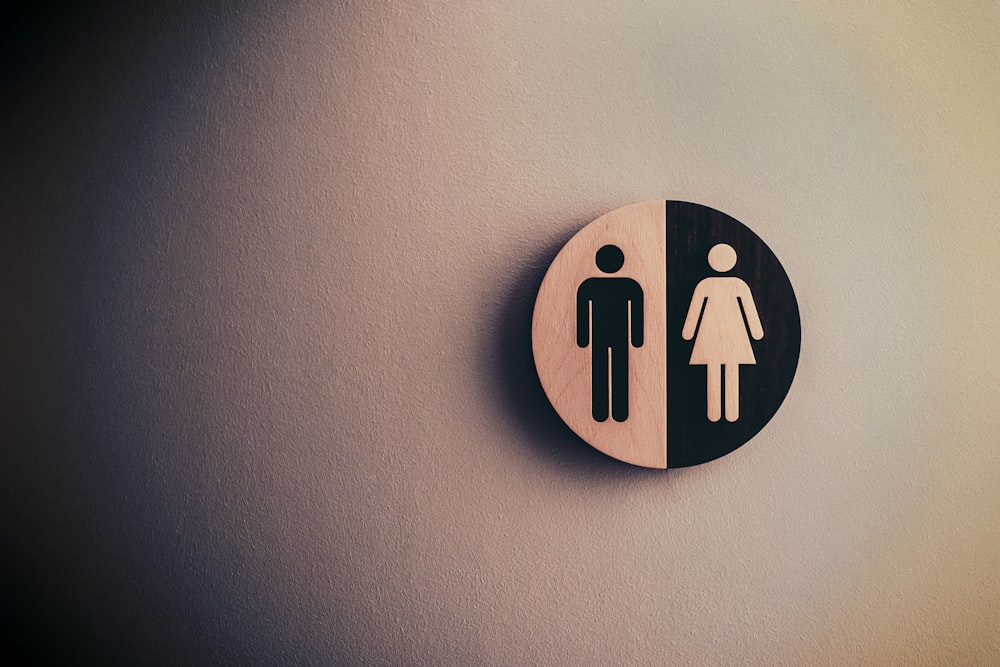
Laws are an essential crux of social order and regulation. A strong legal system is an inevitable component of a strong foundation for a nation. As Blackstone's ratio implies a good judicial system might let ten guilty persons escape rather than letting one innocent suffer, the Indian judicial system is high on its morality sense too. However, on the flipside, there are criticisms like that of skewed laws and lengthy legal procedures. Even though the preamble of our constitution guarantees justice, liberty, fraternity to all citizens, it's often not accomplished to the fullest extent. The question of gender-neutral laws arises here.
What are gender neutral laws?
Gender neutral laws are those laws where the perpetrators or the victims involved in a crime can be of any gender. Our Penal Code does have a lot of laws that fall into this category. IPC section 302, for punishment for murder, or section 327 which is the law that punishes individuals who voluntarily hurt others and destroy properties qualifies as gender-neutral laws.
Hindrances to establish gender-neutral laws
• One of the major issues cited for not making laws like rape laws gender neutral is that women are considered to be vulnerable sections and gender neutralization of laws that were originally exclusive to women might be disempowering and might be inequitable
• Majority of the adult rape cases have male perpetrators and often the victims are women
• Overarching patriarchy and a corrupted understanding of equality often discourage women to speak up and stand up for themselves. It is sad, but true that even today, for many women, more than being equal, being protected is far more important
The need for gender-neutral laws
• The gender diversity and the coming out of gender spectrum and gender fluidity in our current scenario demands a revision of laws to enlarge the concept of a citizen
• To ensure maximum justice and to ensure quality before the law as cited in article 14
• To not discriminate on the grounds of gender
• Currently, rape in the LGBTQ+ community is nearly invisible to the law. Gender neutrality is essential in rape laws to address this issue. Ironically, the POCSO act is gender neutral and has been a successful milestone since its launch in 2012
• To avoid misuse of legal provisions and privileges
Underlying psychological aspects of laws concerning gender
• Rape, though a severe crime has to be understood rather than blamed at. In the majority of the cases, rape is not driven by sexual motives, but rather pumped up by derailed power motives. Rape hence is often not a sexual act, but an act of dominance. This can be seen in history when the last resort of war is to loot an empire and rape its women to show dominance
• Attitude towards sexual assaults is often skewed. Society silences dialogues about male rape and has double standards towards rape and rape victims. For instance, the case of Nirbhaya shocked the nation, but what followed in Tihar jail to Ram Singh and his mysterious alleged suicide and claims of his family of him being sodomized in the jail quickly died off
• Another crucial limitation of the legal system across the world is its focus on evidence which is both the strength and weakness of a judicial system. It becomes a weakness when evidence-based legal system focuses on the direct form of aggression and totally ignores indirect forms of aggression and psychological abuse. Also, such a law often falls short by punishing consequences rather than addressing intentions. However, in the present level, we are not advanced enough to incorporate psychosocial aspects into the legal system. But this certainly points to a promising area and intervention that would enhance our legal system
Cases from recent past: a step towards gender-friendly legal system.
a. Scrapping section 497
Till September 2018, section 497, punished extramarital affairs, whereby it was possible for the husband to prosecute the third-party man in the affair. The law was severely criticised as a crippling colonial artefact of severe sexism which treated women as properties of husbands thereby undermining their individuality. This is true and was highlighted by the media last September when the law was finally scrapped by the Supreme court of India.
However, there is a neglected dimension to the entire thing. Except for rape and sexual violations, most extramarital affairs are a combined effort from both the third party as well as the wife. The wife, a woman of agency chooses to have an affair out of the wedlock and is equally responsible for it as much as the third party person in most cases. However, this law exempted punishment for women. Therefore removal of such a law was not merely empowering women and acknowledging her agency, but was also ensuring better justice to men, the “unfair" sex.
b. Scrapping section 377
Scrapping off section 377 on September 6 and decriminalizing sexual relationships between consenting adults of the same sex was a step towards acknowledging the emerging acknowledgement for gender fluidity and gender spectrum.
As mentioned before, with the changing world, the laws need to change too. We can’t stick to our colonizers’ laws and then wonder why we as a nation do not progress. Every citizen is a worthy individual of the country and needs to be treated the same way.
- Ananda Krishnan
Want to get published on EMN and join the community? Here is an opportunity to join the Board of Young Leaders Program by Eat My News. Click here to know more: bit.ly/boardofyoungleaders











0 Comments